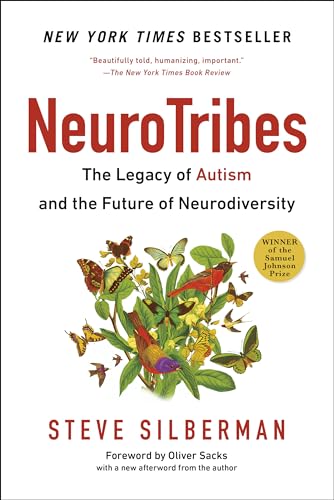
So some autistic people might have trouble making sense of irony or sarcasm. So they're sort of generally having difficulty making sense of the social signals that non-autistic people use to keep each other comfortable and to sort of, you know, radiate liking or disliking.

But they may look like they're not paying attention to you. But it's important to remember that at the same time that they're doing that, they may be listening very intensely.Īnd, in fact, the words that you're saying may be going deep inside them and having, you know, a big effect. For instance, if you're talking to an autistic person, they may be looking off to the side or something.

So they may come across as disconnected from the people around them. And so that's things like parsing facial expressions, interpreting body language, interpreting tone of voice. People with autism often have trouble making sense of social signals in real time.

Before we talk about the history of how autism was diagnosed and how our understanding of it has changed, would you just describe some of the constellation of symptoms on the autism spectrum? Terry spoke with him last year, when "NeuroTribes" was published in hardback. He won the 2010 Science Journalism Award for magazine writing from the American Association for the Advancement of Science. Silberman's articles have been published in Wired, The New Yorker, Nature and Salon. Sacks wrote that the book would change how you think of autism. The introduction was written by famed neurologist and author Oliver Sacks, who died last year.

Silberman's book, "NeuroTribes: The Legacy Of Autism And The Future Of Neurodiversity," is now out in paperback. Silberman also examines what he considers some of the myths surrounding autism, such as the notion that vaccines have created an epidemic. He explains the shifts in medical and social attitudes toward autism and reports on how people who are cognitively atypical are starting their own movement to demand accommodations to some of those differences. He writes about how autism was first diagnosed in Vienna - research that was ended after the Nazis came to power. And that's the subject of a new book by our guest, science writer Steve Silberman. Our understanding of autism has changed over the decades.


 0 kommentar(er)
0 kommentar(er)
